Introduction
The freeze is a cornerstone move in breaking, also known as b-boying or breakdancing. This dynamic and visually striking technique involves abruptly halting all movement and holding a specific position, often in response to the music or at the end of a performance round. Freezes serve as powerful punctuation marks in a breaker’s routine, demanding strength, balance, and creativity. From simple poses to complex contortions, freezes allow dancers to showcase their individuality, challenge their opponents, and captivate audiences with their physical prowess and artistic expression.
Video Demonstration
Dance History
The freeze has been an integral part of breaking since its inception in the early-to-mid 1970s. Early pioneers like Clark Kent developed some of the first ground freezes, including the backdrop (resembling the W) and a fetal position freeze. Another influential dancer, Scorpio, became known as “Mr. Freeze” for his signature pausing move. As breaking evolved, so did the complexity and creativity of freezes. By the mid-1970s, more intricate freezes like the baby and chair freezes emerged. Throughout the 1980s, it was common for breakers to end their rounds with a single, impactful freeze. The 1990s saw the rise of freeze combos, with dancers like Ken Swift incorporating multiple freezes into their routines, leading to new styles like freeze framing and stacking.
Step By Step Instruction
Here’s a basic guide to performing a simple freeze: 1. Choose a stable base position (e.g., a squat or lunge). 2. Lower your center of gravity for better balance. 3. Engage your core muscles to maintain stability. 4. Strike your chosen pose quickly and decisively. 5. Hold the position without movement, focusing on balance and control. 6. Maintain a strong facial expression to enhance the impact. 7. Time your freeze with the music for maximum effect. 8. Exit the freeze smoothly, transitioning into your next move or ending pose.
Tips For Learning
– Start with basic freezes before attempting more complex ones. – Practice regularly to build strength and improve balance. – Use a mirror or record yourself to refine your technique. – Incorporate freezes into your routines gradually. – Study experienced breakers to learn new freeze variations. – Experiment with different body positions to find your unique style. – Focus on clean entries and exits for a polished look. – Always warm up properly to prevent injuries.
Conclusion
The freeze is more than just a static pose; it’s a powerful tool in a breaker’s arsenal that combines strength, balance, and artistic expression. From its roots in the 1970s to its evolution into complex combinations, the freeze continues to be a defining element of breaking. By mastering this fundamental move, dancers can add impact to their routines, showcase their creativity, and pay homage to the rich history of breaking culture.
More Breaking Dance Moves
Mastering the Windmill: The Iconic B-Boy Power Move
IntroductionThe windmill, also known as the continuous back spin, is one of the most iconic and fundamental power moves in breaking (breakdancing). This dynamic move involves the dancer rolling their torso continuously in a circular motion on the floor while twirling...
Mastering the Thomas Flare: A Powerful Breaking Move
IntroductionThe Thomas Flare, commonly known as simply "flare" in breaking, is a dynamic and impressive power move that has become a fundamental element of b-boying and b-girling. This acrobatic move involves alternating balance between both arms while swinging the...
Mastering the Swipe: A Fundamental Breaking Power Move
IntroductionThe swipe is a dynamic and visually impressive power move in breaking (also known as breakdancing). It's a fundamental skill that serves as a gateway to more advanced power moves, making it an essential technique for aspiring b-boys and b-girls. The swipe...
Punching in Breaking: The Power of Precision in B-Boy Moves
IntroductionPunching in breaking, also known as b-boying or breakdancing, is a dynamic and expressive move that adds intensity and rhythm to a dancer's routine. This move, characterized by sharp, controlled arm movements resembling punches, is often incorporated into...
Mastering the Headspin: A Gravity-Defying Breaking Move
Introduction The headspin is an iconic power move in breaking that never fails to captivate audiences. This gravity-defying technique involves balancing on your head while rotating your body, creating a mesmerizing visual spectacle. Originating from the dynamic world...
Cutting in Breaking: How to Master This Essential Footwork Move
Introduction Cutting, also known as the "cut step" or "cut move," is a fundamental footwork technique in breaking (breakdancing). This dynamic move is essential for b-boys and b-girls to master as it forms the basis for many more complex footwork patterns. Cutting...
Mastering the CC: A Fundamental Breaking Move
Introduction The CC, also known as the Kickout, is a fundamental footwork move in breaking (breakdancing). This dynamic move is essential for any b-boy or b-girl's repertoire, serving as a building block for more complex footwork combinations. The CC involves a fluid...
Mastering the Brooklyn Rock: A Foundational Breaking Move
Introduction The Brooklyn Rock, also known as Uprock or Rocking, is a dynamic and expressive dance move that forms an essential part of breaking (breakdancing) culture. Originating in the streets of Brooklyn, New York, this style combines elements of mock battle,...
Mastering the Backspin: A Fundamental Breaking Power Move
IntroductionThe backspin is a foundational power move in breaking (breakdancing) that combines style, momentum, and technique. This dynamic move involves spinning on your back in a controlled manner, creating a visually impressive rotation that can serve as both a...
Mastering the Baby Swipe: A Fundamental Breaking Power Move
Introduction The Baby Swipe, also known as the Two Step or simply the Swipe, is a foundational power move in breaking (breakdancing) that combines grace, strength, and momentum. This dynamic move involves rotating the body while supporting your weight on your hands,...

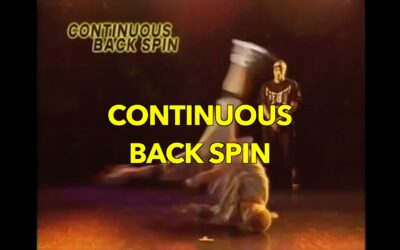

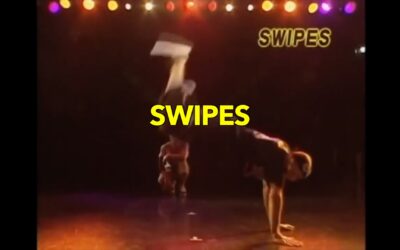
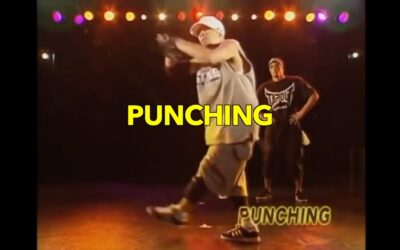
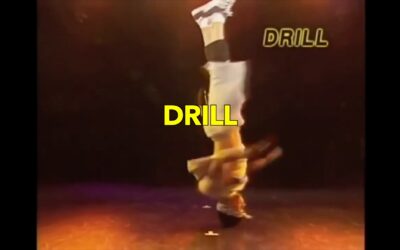
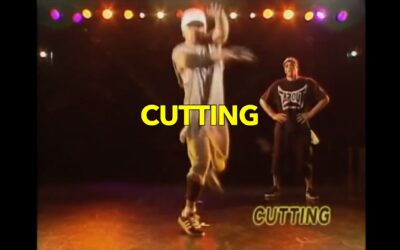
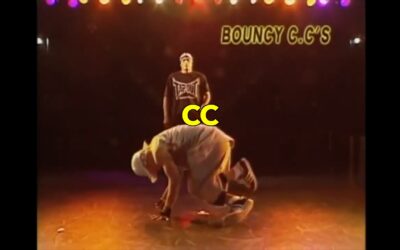

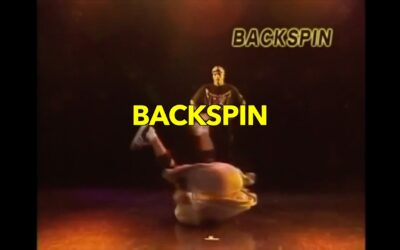
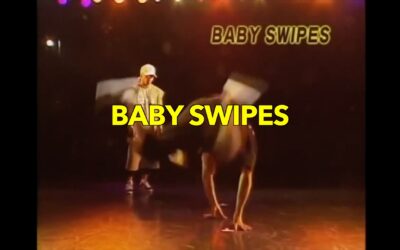
Recent Comments